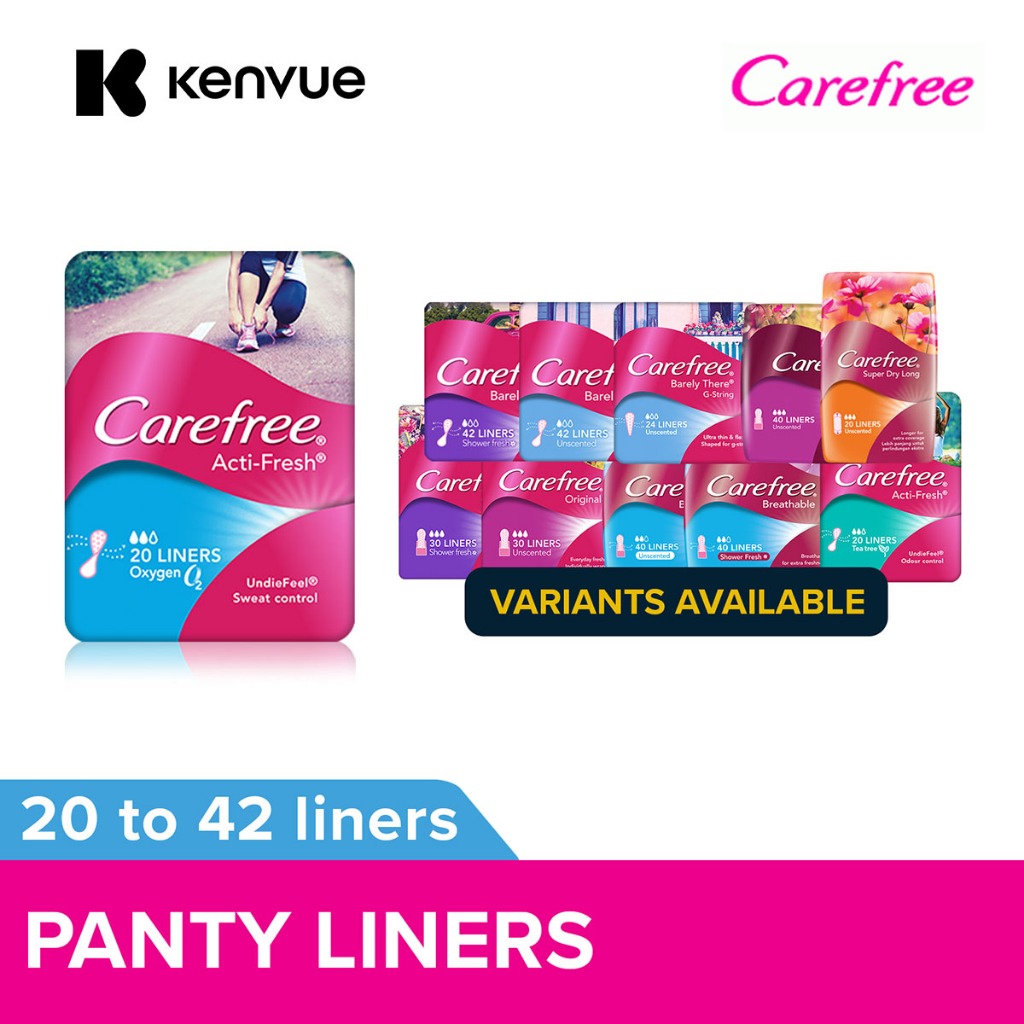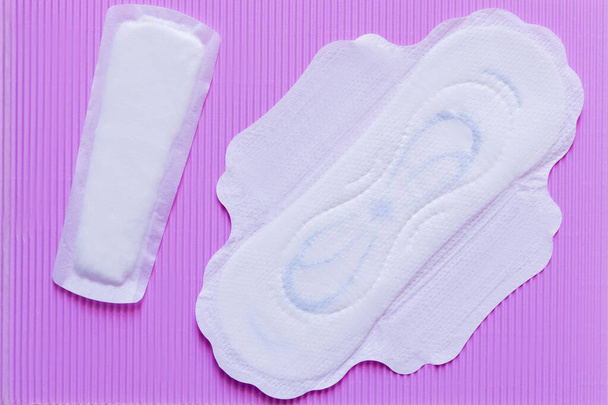As a parent, you do everything in your power to protect your children and yourself. You scrutinize food labels, research vaccines, and seek out safe household products, all to avoid potential health hazards. But what happens when the dangers lurk in everyday items you trust? In an alarming lawsuit filed this October 2024, Carefree panty liners — a product used by millions of women — are alleged to contain a chemical that could have dangerous long-term health consequences.
For you as a Singaporean parent, this is more than a story — it’s a wake-up call.
A Toxic Secret: Carefree Panty Liners Under Fire

Source: Shopee Singapore
Carefree panty liners, produced by Edgewell Personal Care Brands LLC, are now the focus of intense scrutiny after a lawsuit brought forth by Ecological Alliance LLC accused the company of knowingly exposing women to harmful chemicals.
The key player in this controversy is perfluorooctanoic acid (PFOA), a substance linked to cancer, reproductive toxicity, and long-term health risks.
According to the lawsuit, Carefree panty liners contain this so-called “forever chemical,” putting countless women at risk without their knowledge or consent.
Parents, this isn’t just an issue happening far away.
The lawsuit, filed in Los Angeles Superior Court, reveals the results of independent lab tests that confirmed the presence of PFOA in Carefree panty liners. PFOA is known to accumulate in the human body and remain there for decades, making it nearly impossible to remove. It’s a staggering realization that something as routine as a panty liner could be putting women’s health, and by extension the health of their future children, in jeopardy.
The Threat to Women’s Health
As a parent, it’s natural to worry about the products you and your loved ones use daily. The allegations surrounding Carefree panty liners are especially concerning due to the delicate nature of vaginal tissue, which can absorb chemicals directly into the bloodstream.
According to Vineet Dubey, attorney for Ecological Alliance LLC, “Women use this product for 8 to 10 hours at a time, resulting in continuous exposure to PFOA, potentially on a daily basis.”
PFOA is not a new villain on the chemical block. This synthetic compound has been under scrutiny for years due to its harmful effects on fertility and hormone disruption. Even more alarming, it has been linked to higher risks of certain cancers, including kidney, prostate, and testicular cancers. For parents, especially pregnant women, the risks are even more acute. Exposure to PFOA has been shown to increase the likelihood of pregnancy-related hypertension and could potentially result in low birth weight or developmental delays in children.
This leads us to the crucial question: Why haven’t we been warned? Why are products like Carefree panty liners still on the shelves?
How Long Has This Been Happening?
For Singaporean parents who may use Carefree panty liners or have loved ones who do, this lawsuit raises chilling concerns. If PFOA exposure from these liners is as dangerous as the lawsuit alleges, why hasn’t there been more widespread outcry? Are consumers being kept in the dark about potential health risks?
Edgewell Personal Care Brands LLC, the manufacturer of Carefree, has not responded to requests for comment, leaving parents and consumers to speculate. In the meantime, advocacy groups like Ecological Alliance are working to hold the company accountable, demanding that PFOA be removed from the product or that a clear warning label be added to the packaging.
While the lawsuit unfolds, it’s important to note that Carefree panty liners are not the only menstrual product to come under fire for chemical contamination. Earlier this year, a study found toxic chemicals, including arsenic and lead, in popular tampon brands. Although these chemicals were present in levels below acceptable limits, it still raises concerns about the cumulative effects of long-term exposure to potentially harmful substances.
PFAS-Free Alternatives
For parents looking to protect their families from toxic chemicals like PFOA, the idea of switching to PFAS-free period products may sound appealing. PFAS, or per- and polyfluoroalkyl substances, are a group of synthetic chemicals found in a wide range of consumer goods. These chemicals have earned the nickname “forever chemicals” because they don’t break down in the environment—or the human body.
So, what can parents do in the face of this unsettling news? Thankfully, there are PFAS-free alternatives available. Products like organic cotton pads, menstrual cups, and period underwear offer chemical-free options that could provide peace of mind. However, it’s crucial to remember that not all “natural” or “organic” labels are created equal. Always research brands carefully and read reviews to ensure you’re making informed choices.
Additionally, consider switching to reusable products like menstrual cups or period underwear, which not only reduce waste but also eliminate exposure to disposable products that may contain harmful chemicals. Making these small changes could have long-term benefits for your health and your family’s well-being.
What Parents Should Demand

Source: VistaCreate
As parents, it’s your duty to advocate for safer products—not just for yourselves but for your children. It’s clear that more needs to be done to regulate the chemicals used in personal care items like Carefree panty liners. The lawsuit highlights a significant gap in consumer protection that affects millions of women and their families worldwide.
Parents in Singapore, and around the world, should demand greater transparency from brands and stricter government regulations on chemicals in personal care products. The presence of PFOA in something as intimate as a panty liner is unacceptable, and companies need to be held accountable.
Until then, it’s up to us as consumers to make more conscious choices and spread awareness about these hidden dangers.
Protect Yourself and Your Family
As this lawsuit against Carefree panty liners unfolds, the responsibility falls on us to stay informed and cautious about the products we use. The safety of our loved ones, particularly when it comes to chemical exposure, is too important to be left to chance.
So, parents, ask yourselves: Are you willing to trust companies that may not have your best interests at heart? Or will you take control and make informed decisions to protect your family’s health? Let this be a call to action to demand safer products and a future where harmful chemicals like PFOA are no longer hidden in the items we rely on every day.
Your family’s safety starts with the choices you make today.
ALSO READ
Menstrual Cycle and Hormones: Its Effect on a Woman’s Health and Well-Being
Vaginal Discharge During Pregnancy: What’s Normal and What’s Not
Brown Discharge During First Trimester: What’s Normal And What’s Not?